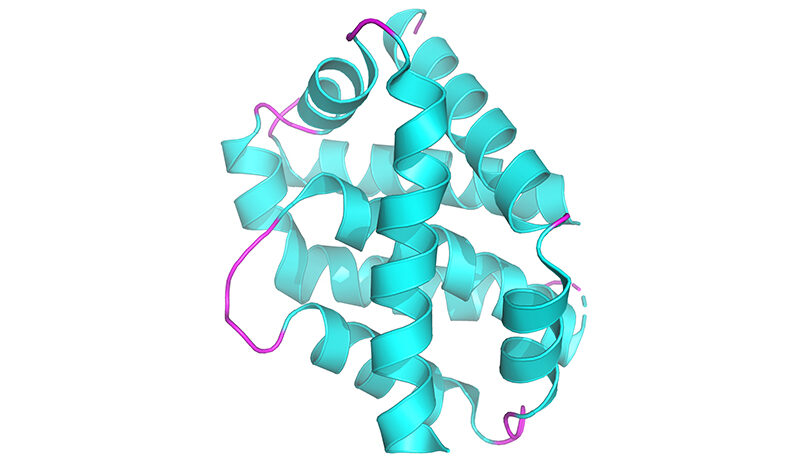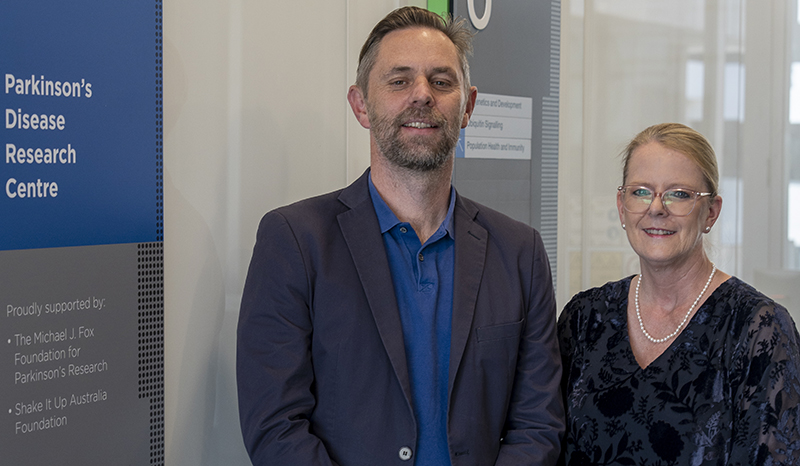Brinkmann K, McArthur K, Malelang S, Gibson L, Tee A, Elahee Doomun SN, Rowe CL, Arandjelovic P, Marchingo JM, D’Silva D, Bachem A, Monard S, Whelan LG, Dewson G, Putoczki TL, Bouillet P, Fu NY, Brown KK, Kueh AJ, Wimmer VC, Herold MJ, Thomas T, Voss AK, Strasser A. Relative importance of the anti-apoptotic versus apoptosis-unrelated functions of MCL-1 in vivo. Science. 2025;389(6764):10.1126/science.adw1836
Lang T, McLean I, Shin J, Jackson V, Lawrenson I, Zipper B, Yeung A, Evans A, Dewson G. The diagnostic pathway of Parkinson’s disease: understanding patient perspectives in Australia. npj Parkinson’s Disease. 2025;11(1):10.1038/s41531-025-00968-3
Li K, Yap YQ, Moujalled DM, Sumardy F, Khakham Y, Georgiou A, Jahja M, Lew TE, De Silva M, Luo M-X, Gong J-N, Yuan Z, Birkinshaw RW, Czabotar PE, Lowes K, Huang DCS, Kile BT, Wei AH, Dewson G, van Delft MF, Lessene G. Differential regulation of BAX and BAK apoptotic activity revealed by small molecules. Science Advances. 2025;11(10):10.1126/sciadv.adr8146
Glover HL, Schreiner A, Dewson G, Tait SWG. Mitochondria and cell death. Nature Cell Biology. 2024;26(9):10.1038/s41556-024-01429-4
Yuan Z, van Delft MF, Li MX, Sumardy F, Smith BJ, Huang DCS, Lessene G, Khakam Y, Jin R, He S, Smith NA, Birkinshaw RW, Czabotar PE, Dewson G. Key residues in the VDAC2-BAK complex can be targeted to modulate apoptosis. PLOS Biology. 2024;22(5):10.1371/journal.pbio.3002617
Gan ZY, Callegari S, Nguyen TN, Kirk NS, Leis A, Lazarou M, Dewson G, Komander D. Interaction of PINK1 with nucleotides and kinetin. Science Advances. 2024;10(3):10.1126/sciadv.adj7408
Frank D, Bergamasco M, Mlodzianoski MJ, Kueh A, Tsui E, Hall C, Kastrappis G, Voss AK, McLean C, Faux M, Rogers KL, Tran B, Vincan E, Komander D, Dewson G, Tran H. Trabid patient mutations impede the axonal trafficking of adenomatous polyposis coli to disrupt neurite growth. eLife. 2023;12:10.7554/elife.90796.3
Frank D, Bergamasco M, Mlodzianoski MJ, Kueh A, Tsui E, Hall C, Kastrappis G, Voss AK, McLean C, Faux M, Rogers KL, Tran B, Vincan E, Komander D, Dewson G, Tran H. Trabid patient mutations impede the axonal trafficking of adenomatous polyposis coli to disrupt neurite growth. eLife. 2023;12:10.7554/elife.90796
Dewson G, Eichhorn PJA, Komander D. Deubiquitinases in cancer. Nature Reviews Cancer. 2023;23(12):10.1038/s41568-023-00633-y
Birkinshaw RW, Iyer S, Lio D, Luo C, Brouwer J, Miller MS, Robin A, Uren RT, Dewson G, Kluck RM, Colman PM, Czabotar PE. The crystal structure of detergent-activated BAK dimers provides insights into BAK activation steps and how they stabilise membrane pores. Acta Crystallographica Section A: Foundations and advances. 2023;79(a2):10.1107/s205327332308912x






